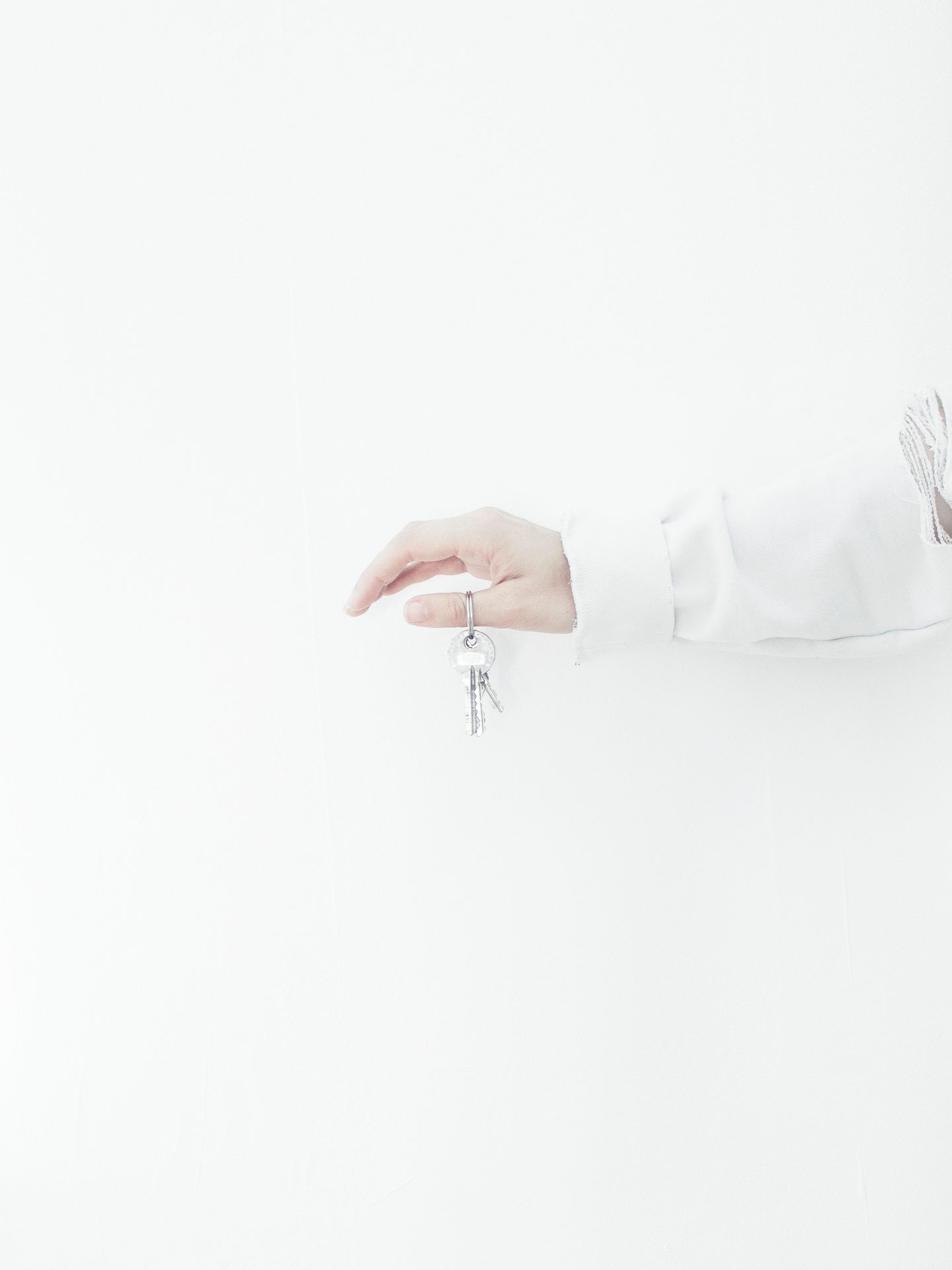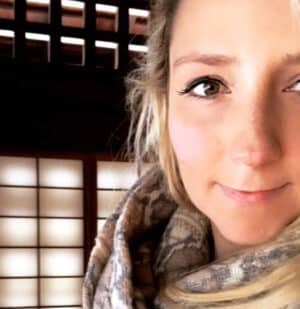
This is all my personal opinion: after living in lots of different types of accommodation in Japan. This is what I’ve learnt along the way and what I look for ( and you may want to consider.)
I find house-hunting (even if it’s for a finite amount of time) to be quite emotional.
Well, it was for me anyway, and, even more so when I had kids to consider and to try and not screw it up for.
I’ve had lots of questions recently from The Tokyo Chapter readers and, rather than individually respond to questions, I thought I’d just put this down in a post so people can find it.
Our move to Tokyo was not our first expat move ( so we knew what was important to us and what kind of space we use and enjoy) but it WAS our first one with children in Japan and there are some things that I’ve found to be different to choosing rental accommodation in other countries.
Okay. Here goes. Things that I think are worth considering.
1. It’s best not to rush because…well… key money.
In Japan, key money is required before you even start living here. Which means, you do want to get it right. So… that’s not meant to make you feel more pressure. In fact, it’s reason to make sure that your real estate agent doesn’t rush you.
Here is more info on key money.
If the budget /opportunity allows, it is always best to discuss with a relocation agency.
And even if your company is assisting with part or all of your rent fees, it is best to be super, super fussy when choosing. It will cost them a LOT of money if you change your mind after the move.
2. Take into consideration where your family will be in a few years, not just right now
So, for us, we moved to Tokyo when my youngest was a teeny weeny baby. But I knew that in under a year, my big girl would need daycare so I made sure that we were close to nursery school options and then primary schools.
I knew we would also need some parks within walking distance as, having a small baby, we weren’t ready for too many far from home adventures during the week – not at that stage, anyway. Please remember that a park is more important than in other countries because you will, most likely not have your own yard/garden.
3. It is worth asking questions and doing your own research as to what is in your neighborhood..
I’m talking ALL of these things.
How far away is:
– the closest subway station
– the closest JR station
– the closest convenience store (this is a BIG one! a convenience store is like an extension of your small fridge, its also the place where you can pay bills, book tickets….etc.)
– the closest vending machine
– your local community’s emergency evacuation spot
– the post office
– the doctors office
– the supermarket
– the bakery
– the 100 yen shop
– the cinema
– dining out options
– community jidokan (if you have children)
– the closest park or bit of greenery
And not all of these things need to be around the corner – they don ‘t even need to be walking distance!
But you do need to know if it there will be a million train changes… could you jump in a cab to the doctors quickly if there was an emergency or you were feeling poorly?
Is it easy to catch a cab from where you are?
Will you be able to cover slightly longer distances by bike? Will you have a bike? Will you have a car?
4. Things to consider within the home (the practical stuff)
When looking around at potential homes – here are somethings to consider/ ask questions about.
– What is the sound proofing like? Is there carpet on the floor ( or can you put carpet on the floor) to keep neighbours from clunky footsteps ?
– If you have kids, are there other kids in the building? ( to help assess if the building is child-friendly.)
– Do you have a building reception to assist you? If not, is there a place for parcels/ deliveries to be left? Or will you be getting a letter in the letter box?
– Have you considered having some multi-purpose rooms? This is common in Japan and is a fantastic way to use space in the best way.
– Garbage collection. What are the rules?
-Will you be able to hang clothes out to dry? (many apartment complexes will have strict rules about this as it can affect the appearance of the building) Will you have to use the dryer AND will you be able to hang where they are seen…?
– Are there tatami rooms? Are you allowed to place furniture on top of the tatami? What will happen if it is damaged?
– Are any appliances included? ( please note that many houses in Japan are not fitted with ovens so you may need space for a free standing toaster oven/ small grill etc.)
– What is ventilation in the bathroom like? ( not many apartment bathrooms have a window so you will need to consider this – particularly when choosing anti-humidity cleaning products in the summer.)
– Are there sliding doors between rooms – how much sound blockage do you need?
– Do you plan on hosting guests? Where will they stay? (Note this extra space is unusual in Japan.)
– What will it take to child proof you home and are those childproofing products allowed?
5. Things that you need for personal happiness
I used to think that thinking about this kind of stuff made me childish or a princess. I used to think, if I’ve saved on rent and I have the rooms I need…. then why should I be precious and wish for anything more than those fundamentals?
But now I know just how much of a difference it all makes to my personal happiness.
For me – natural light is very important .
Oh and storage. Storage is very important. Especially wardrobe and toy storage.
6. Things you may not expect will be there ( or will not be there)
– Ovens. It is very unusual to have an oven in Japan (unless you are in an expat building.) If you think about it, traditional Japanese food isn’t prepared in an oven.
– Shower windows. As mentioned above, the bathroom is often in the middle of an apartment to save the windows for the living rooms or kitchen.
– Placement of the washing machine. In built up city areas, your washing machine may be in your bathroom or on your balcony ( I’ve lived with both of these options.)



